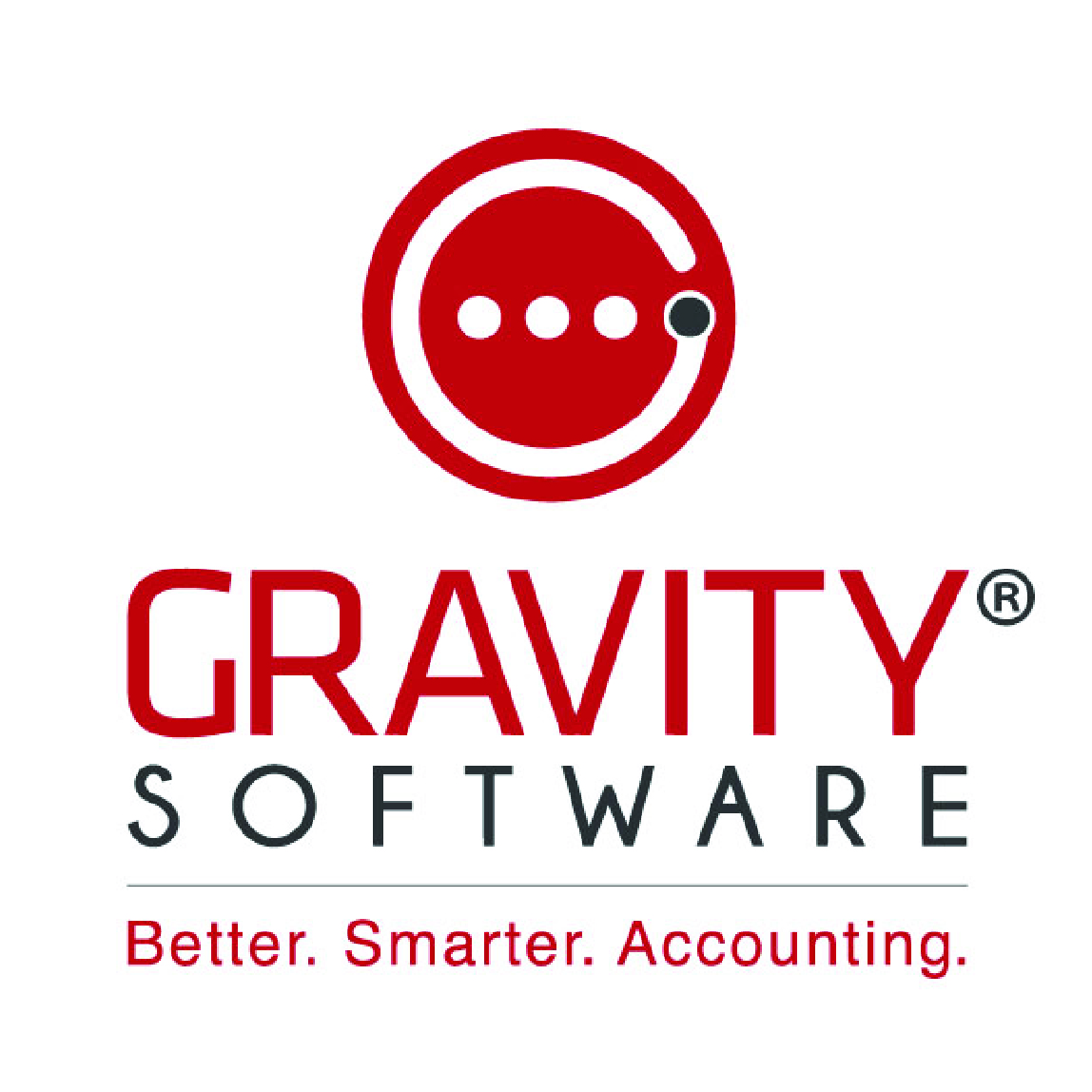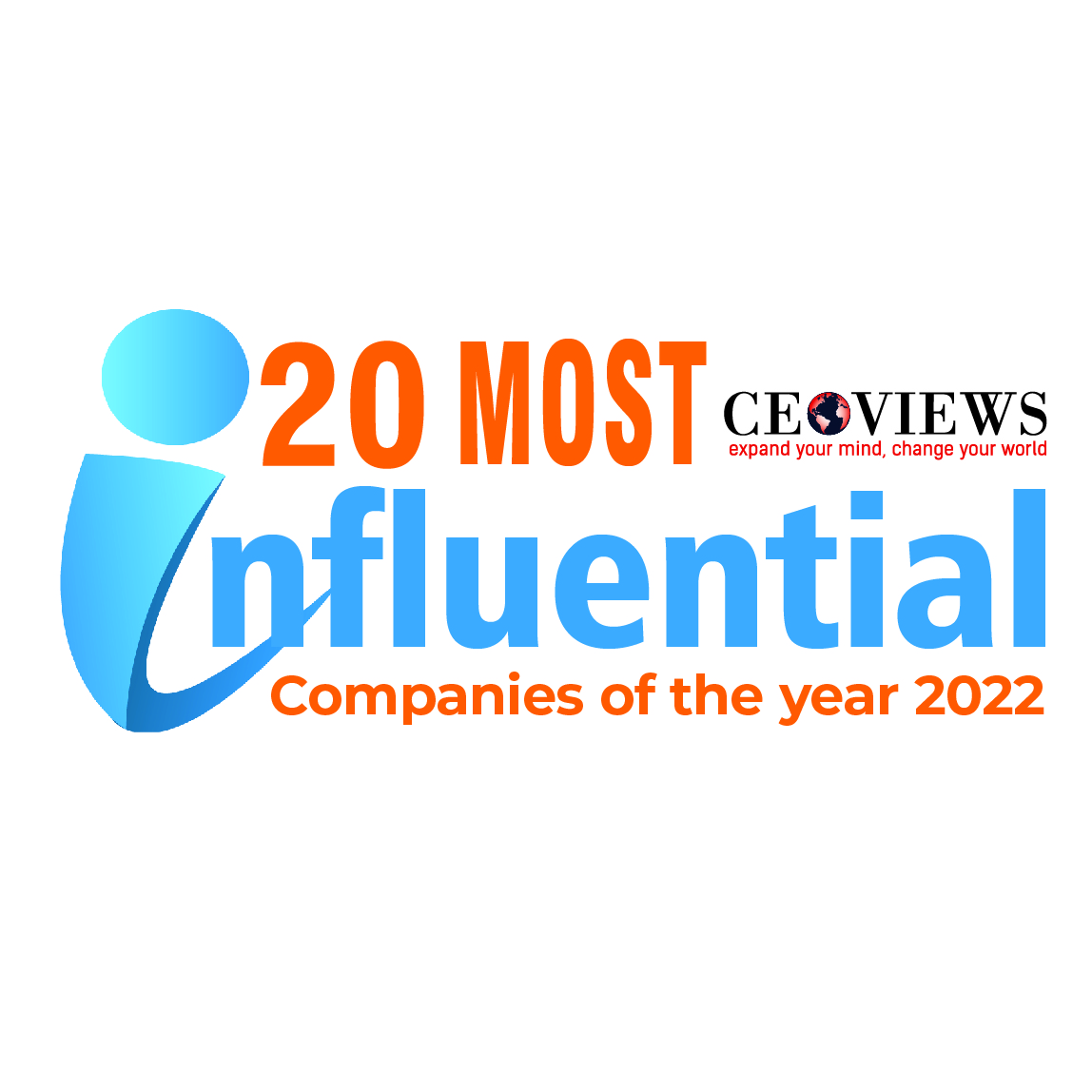To manage the complexities of regulatory changes, navigate unprecedented disruptions, and maintain a competitive edge, fast-growing companies are investing in smarter accounting solutions.
Multi-entity companies need to go beyond basic bookkeeping to gain real-time insight into the performance of each individual location, as well as the business as a whole. They need to automate manual processes, including bank reconciliation, revenue recognition and currency conversions. And as their teams become more distributed, they need flexible, scalable solutions they can access anywhere.
Gravity Software is a cloud-based, multi-entity accounting solution designed specifically to address those needs.
Gravity’s President and CEO John Silvani shared how the company has evolved alongside a changing business landscape.
Where it all started
Silvani has more than 35 years of experience in the software industry, including extensive experience with multiple accounting, CRM, and business intelligence solutions. With over 500 software implementations, he discovered expensive to maintain and upgrade. They required a developer to make even small changes, such as creating new fields in a dashboard or personalizing a workflow. At the same time, entry-level accounting solutions like QuickBooks and Xero made it difficult for companies to handle multi-entity accounting.
The challenge was to design applications that were easy to use but powerful, Allowing users to handle multiple entities, multiple currencies, and multiple users. That’s the reason Silvani and his team built Gravity Software on the Microsoft Power Platform in 2013. Because it’s built on the Power Platform, users have access to Microsoft’s many collaborative tools, such as the Microsoft Office 365 suite, Power BI (Business Intelligence), and Power Automate features. They can easily create their own dashboards or workflows without needing a developer. At the same time, they experience the same enterprise-level security as any other Microsoft software solution.
The key to success: staying focused on core competencies
From the very beginning, they identified this underserved market of controllers, CFOs, and owners of fast-growing businesses, identifying key features that would help these organizations. At the foundation was the ability to the current software solutions were either too simple for middle-market companies, or to complex and expensive. Most of the available systems weren’t true cloud-based accounting software solutions, which meant they were handle organizations with multiple companies easily and efficiently. They stayed in close contact with their customers and continued to develop new enhancements and features based on their clients’ input.
One example of this is their investment management ledger. Their customers said that they were looking for an easier way to keep track of all their private equity investments in their portfolio in one place, so the team worked with their developers to make it happen.
At the heart of Gravity are the core principles of innovation and serving small to mid-market companies at an affordable price to help drive business growth.
Many companies try to go in too many different directions and lose focus of their core competencies. Silvani and the Gravity Software team always stayed laser-focused on the customers and industries they serve. In addition to their focus and tenacity, they are fortunate to have talented employees, outstanding client reviews, and a growing network of partners who help sell and implement their software. At the heart of Gravity are the core principles of innovation and to Serving the small to mid-market Companies at an affordable price to help drive real business value.
Technological trends
Silvani realized that accounting automation has really changed the way many controllers, CFOs, and business owners manage processes. It eliminates many manual tasks, improves accuracy, and allows them to focus on more strategic priorities. The need for real-time business intelligence has become critical, and smart companies are finding more ways to integrate it into their processes. Companies are also looking for increased transparency across departments and functions and a more holistic approach to business. That’s why the ability to integrate Gravity with so many other solutions like billing, customer relationship management, data analytics, and inventory management is so valuable.
What’s ahead?
Gravity currently focuses its marketing in North America but has users around the world, in approximately 12 countries. In the next 12 months, they plan to expand more into the United Kingdom and Australia. They are also expanding upon their solutions, with plans to introduce new features later this year.












